Should I See a Genetic Counsellor?
There are a lot of reasons why someone might wish to see a genetic counsellor. If you have ever wondered if genetic testing could be useful for you, have a read through these examples of people who may benefit from seeing a genetic counsellor and see if any apply to you.
People who may benefit from genetic counselling
Are you:
- Currently pregnant and have had abnormalities detected that could be associated with a genetic condition
- Someone who has a child with a genetic condition and would like to know more about it and what the risks may be of having another child with the same condition and what your options are
- Someone who has experienced multiple miscarriages/pregnancy losses and would like to know if there is a genetic explanation
- Someone who has multiple health issues that could be linked by an underlying genetic condition
- Someone who has been diagnosed with a genetic condition and would like to undergo genetic testing to see if a mutation can be found
- Someone who has been diagnosed with cancer and wants to know if there is an underlying genetic explanation for the diagnosis or if there could be risks for further cancer diagnoses in you, or an increased risk for cancer in your parents, siblings or children
- Someone who has been diagnosed with cancer and had tumour testing to explore treatment options that identified a potential underlying hereditary cancer
- From a family with a known genetic condition that you would like to know more about and possibly be tested for
- Someone who has had a genetic condition diagnosed and wants to know your options regarding having children and potentially avoiding passing the condition on
If you feel that any of these examples apply to you, you may benefit from seeing a genetic counsellor. I would recommend discussing a referral to a public genetic service with your specialist, GP or midwife.
In Aotearoa, New Zealand, there is a national Genetic Health Service (GHS) that is funded by the government and covers the whole country. There are three hubs who are responsible for providing national care. They are based in Auckland, Wellington and Christchurch. Each hub will have capacity to see people at local hospitals, but also travel and offer video consultations to provide support to other areas. In order to be seen by the GHS, a formal referral by a relevant medical professional (GP, oncologist, midwife, obstetrician, etc.) is required.
There are also criteria that need to be met before a person is eligible for publicly funded support. Although all of the above examples indicate that consideration of genetic counselling and possible testing would be appropriate, a person who meets one of these examples would not necessarily automatically qualify for public funding and may therefore be turned down by the public service. These criteria are nuanced and change over time. Your healthcare provider would be able to give you more information about whether your individual situation warrants referral to the GHS. If they are not sure, then a referral can be made and the GHS will correspond with your healthcare provider about whether the criteria are met or additional information is needed. The GHS will also be able to decide if a person may be better seen by a genetic doctor for a medical assessment, rather than by a genetic counsellor.
Alternatively, you might be:
- Someone who has been referred to a public genetic service but have not met their criteria for an appointment
- Someone who meets the criteria for an appointment with a public genetic service but are not happy to wait the time required for an appointment
- Thinking about having children and want to know if there are any genetic conditions you and your partner might pass on
- Currently pregnant and want to know if your child is at risk of a genetic condition
- Planning to donate egg or sperm cells and want to be transparent about potential genetic risks that could be linked with your donation
- Worried about your risks of developing cancer in the future
- Interested in learning about your risks of developing cardiac issues in your lifetime
If you feel that any of these examples apply to you, then you may benefit from seeing a genetic counsellor who works in private.
Private genetic counselling and testing services do not have the same funding restrictions as those working in public, because all appointments and tests are funded by the client. In some countries, insurance companies may fund specific genetic tests, but this varies depending on the insurance company and is not always the case.
In most instances, there will be a fee associated with seeing a genetic counsellor, and then a separate fee associated with arranging the testing. However, each service will have a different fee structure.
Finally, the above examples may not fully capture everyone who would benefit from seeing a genetic counsellor. If you feel unsure about whether genetic counselling would be appropriate for you, speak with your GP and they may be able to give you more information that is relevant to your specific situation.
If you know you are at risk of a genetic condition, are concerned about your family history or potential risks for your children or are curious about doing genetic testing, please feel free to reach out to me to book an appointment.
Looking for more information?
Here are some websites that may be useful.
Human Genetics Society of Australasia Home (hgsa.org.au)
Genetic Health Service NZ Home | Genetic Health Service NZ
Centre for Genetics Education Welcome — Centre for Genetics Education – Welcome – Centre for Genetics Education
